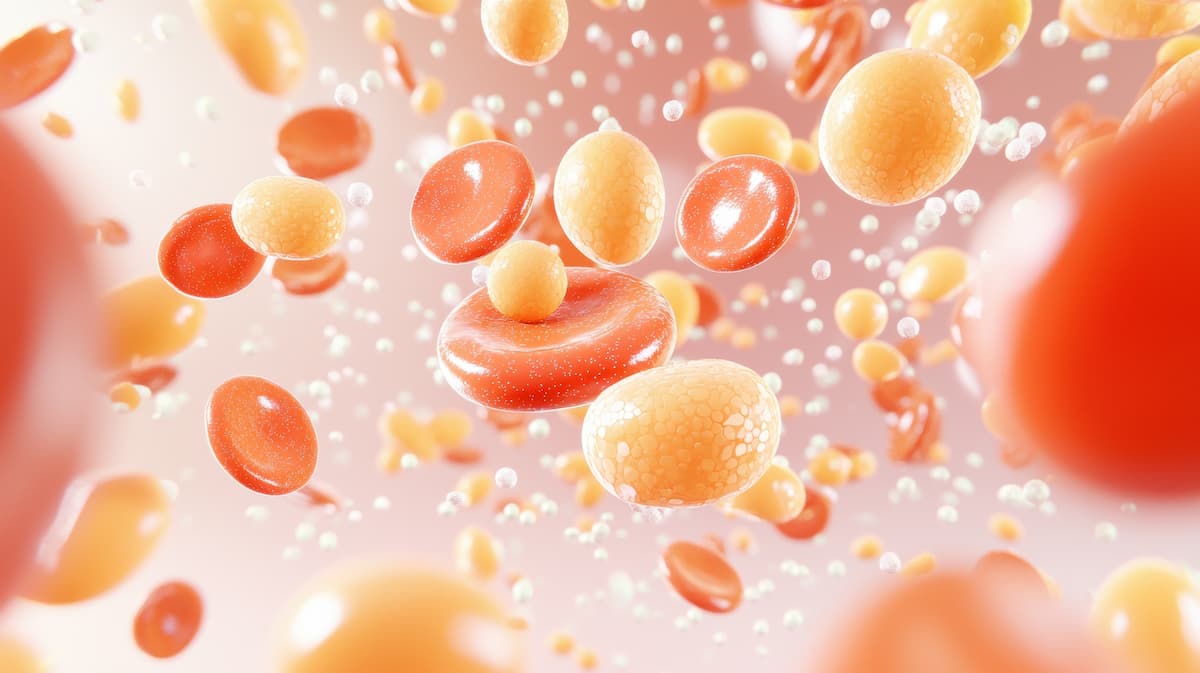Article
Protein Linked to Increased Risk of Type 2 Diabetes, Reduced Risk of Kidney Damage for Patients With Type 2 Diabetes
Author(s):
Galectin-1 may offer a protective function for the kidneys in patients with type 2 diabetes at high risk of diabetic nephropathy.
Elevated levels of the protein galectin-1 are associated with an increased risk of developing type 2 diabetes in 18 years, according to research published in Diabetologia. Simultaneously, the protein appears to serve a protective function for the kidneys in patients with type 2 diabetes at high risk of diabetic nephropathy, lowering the amount of kidney damage for these individuals.
“This is probably not as strange as it might sound,” said Emanuel Fryk, a resident physician in general medicine and a doctoral student at Sahlgrenska Academy, University of Gothenburg, in a press release. “My own personal theory is that the actions of galectin-1 found in the kidney are linked to inflammatory processes, whereas the actions of galectin-1 in the adipose tissue appear to be largely linked to metabolic processes. Thus, we can expect to see different mechanisms at work and different outcomes for the same protein.”
Galectin-1 is involved in both the regulation of inflammation and the function of fat cells in the body, according to the study. Previous research proposed that the protein could be involved in pathophysiological mechanisms in the adipose tissue in type 2 diabetes development. The current study demonstrated that it was linked to higher insulin levels in the blood of 1000 study participants.
The current study confirmed the role of galectin-1 in the disease development of type 2 diabetes. Using blood samples from more than 4000 participants collected between 1991 and 1994, the investigators analyzed galectin-1 levels to assess the relation to risk of developing type 2 diabetes, around 18 years after the sample was initially collected. Currently, the investigators do not propose using galectin-1 as a predictor of diabetes development.
“This is an important piece of the puzzle in the research field on why obesity is such a big risk factor for the disease,” the investigators said in a prepared statement. “It is a new clue for scientist trying to find out exactly what happens in the body of individuals with obesity who later develop type 2 diabetes.”
Type 2 diabetes can also lead to serious complications, such as chronic kidney disease (CKD), which is developed by half of individuals with type 2 diabetes. This organ damage is permanent, and it can lead to premature death. Investigators examined the relationship between galectin-1 and CKD, finding that elevated levels of the protein may offer protection against kidney damage.
“In 2 large population-based cohorts in southern Sweden, we demonstrate that galectin-1 is linked to renal function and has potentially prophylactic effects against renal failure among some patients with type 2 diabetes,” the investigators said in the release. “This puts a new candidate on the table that should be studied as a potential target when developing future pharmaceuticals.”
REFERENCE
Galectin-1 linked to increased risk of type 2 diabetes [news release]. EurekAlert; November 8, 2021. Accessed November 8, 2021. https://www.eurekalert.org/news-releases/934083
Newsletter
Stay informed on drug updates, treatment guidelines, and pharmacy practice trends—subscribe to Pharmacy Times for weekly clinical insights.

FDA Grants Full Approval to mRNA-1273 COVID-19 Vaccine in Children At Increased Risk




